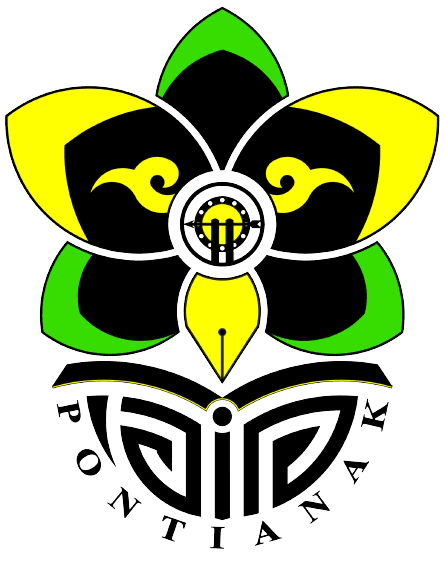The Effect of Mastery of Information and Technology (IT) and Islamic Work Culture on Teacher Performance at SMAN 4 Bukittinggi
DOI:
https://doi.org/10.24260/arfannur.v6i1.3823Keywords:
Mastery of Information and Technology (IT), Work Culture, Teacher PerformanceAbstract
The purpose of this study was to determine the effect of Mastery of Technology and Information (IT) and Work Culture on Teacher Performance at SMAN 4 Bukittinggi. This study uses a quantitative correlation approach. Data collection in this study the author obtained through questionnaires. The population in this study amounted to 61 teachers. Then the sample in this study was 38 teachers who were taken randomly. The data analysis technique that the author did was the classic assumption test in the form of normality test, multicollinearity test, heteroscedasticity test. Then the final data analysis the author uses is multiple linear regression analysis, F test, and determination test. The results showed that 1) there was an influence of Mastery of Technology and Information (IT) on Teacher Performance at SMAN 4 Bukittinggi with a linear regression equation Y = 22.011 + 0.655X1 and the influence of Mastery of Technology and Information (IT) of 65.5%; 2) there is an influence of Work Culture on Teacher Performance at SMAN 4 Bukittinggi with a linear regression equation Y = 22.011 + 0.548X2 and the influence of Work Culture is 54.8%, and 3) there is a joint influence between Mastery of Technology and Information (IT) (X1) and Work Culture (X2) on Teacher Performance at SMAN 4 Bukittinggi (Y) where the value of Fcount>FTable or 47, 501>3.25 with the regression equation Y = 22.011 + 0.655X1 + 0.548X2, the Coefficient of Determination R2 (R Square) of 0.731 which means that Mastery of Technology and Information (IT) and Work Culture are able to influence Teacher Performance at SMAN 4 Bukittinggi with an influence of 73.1%.


